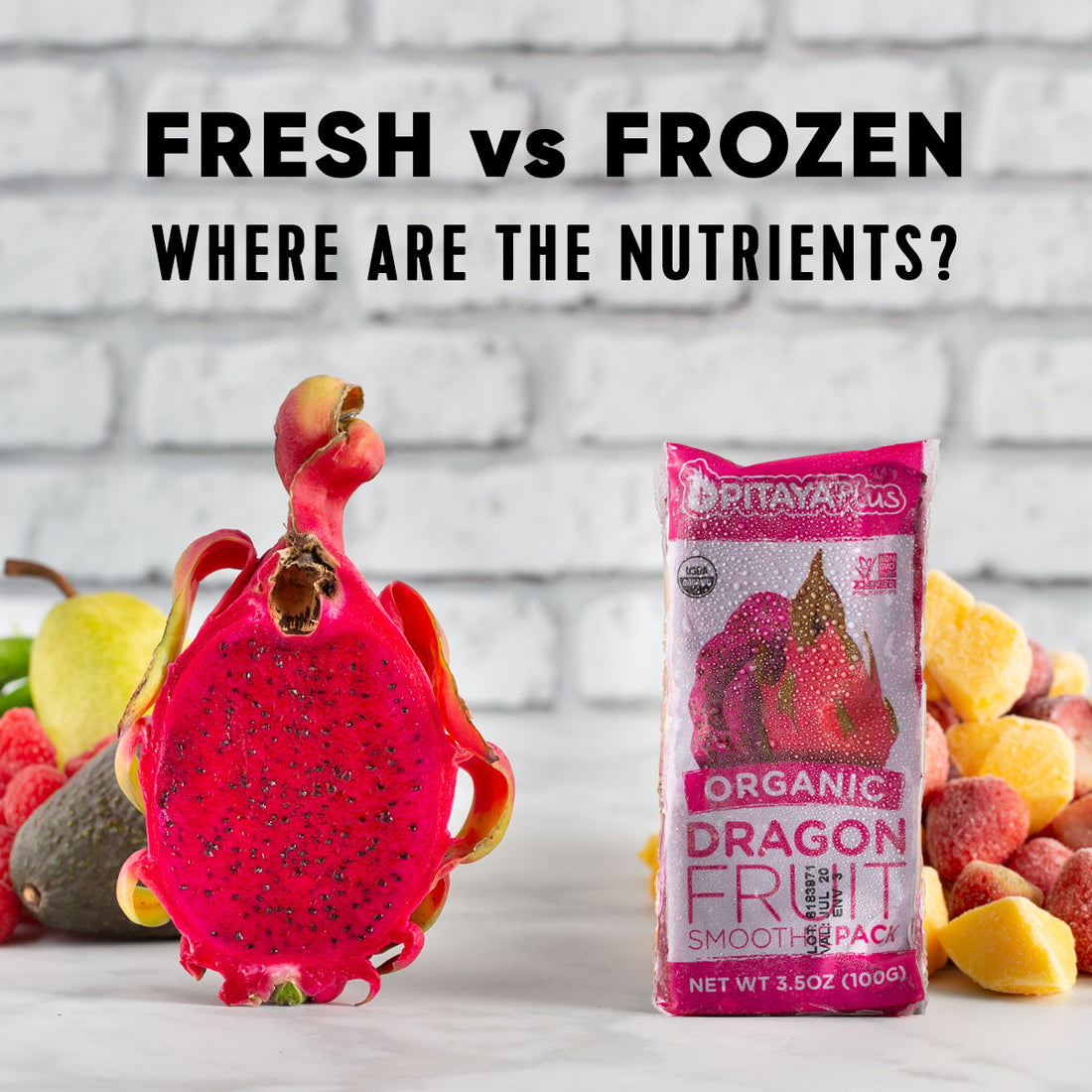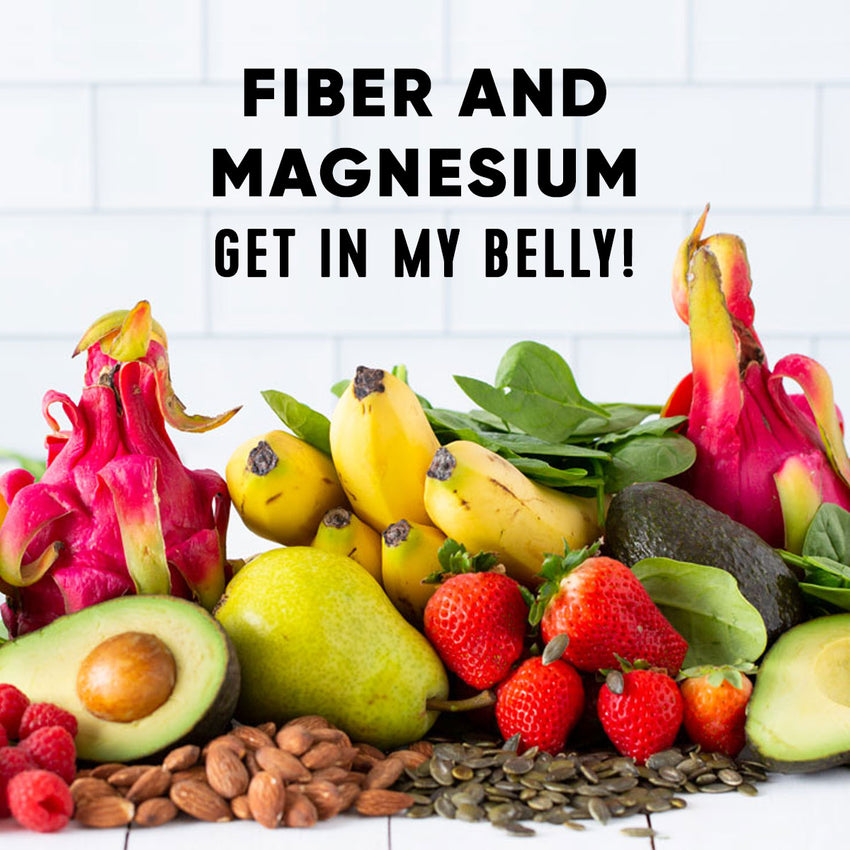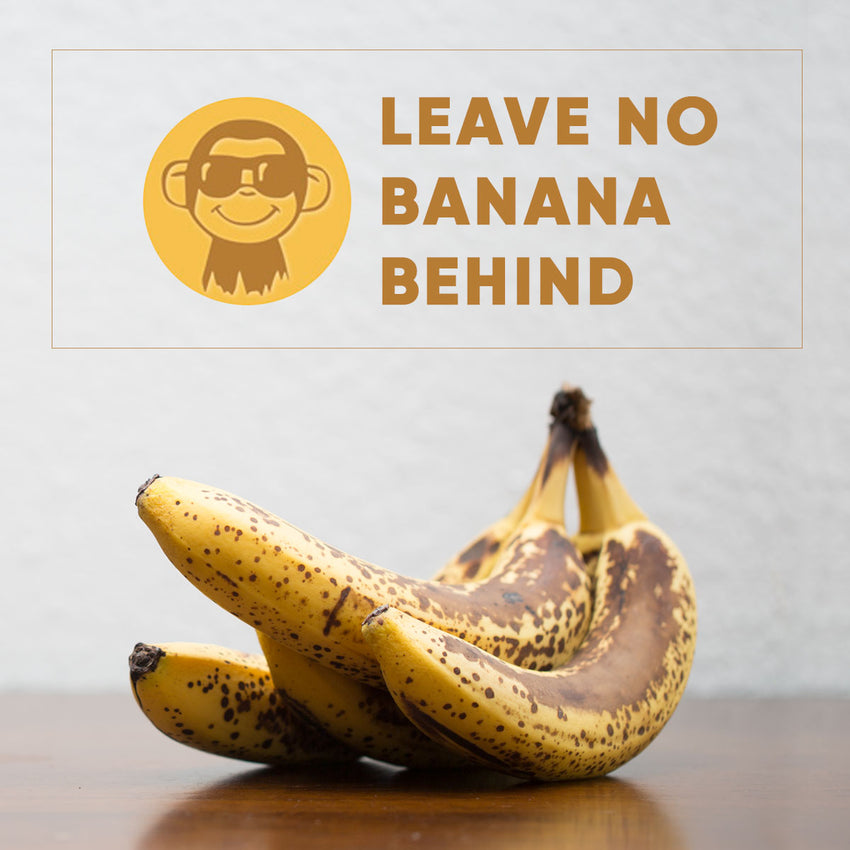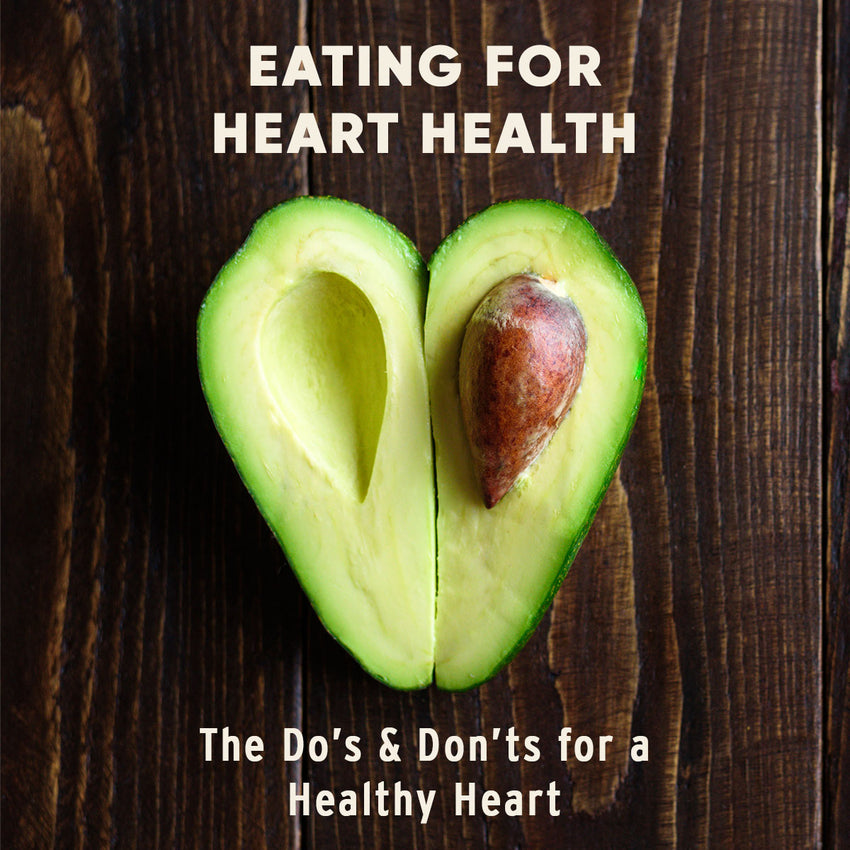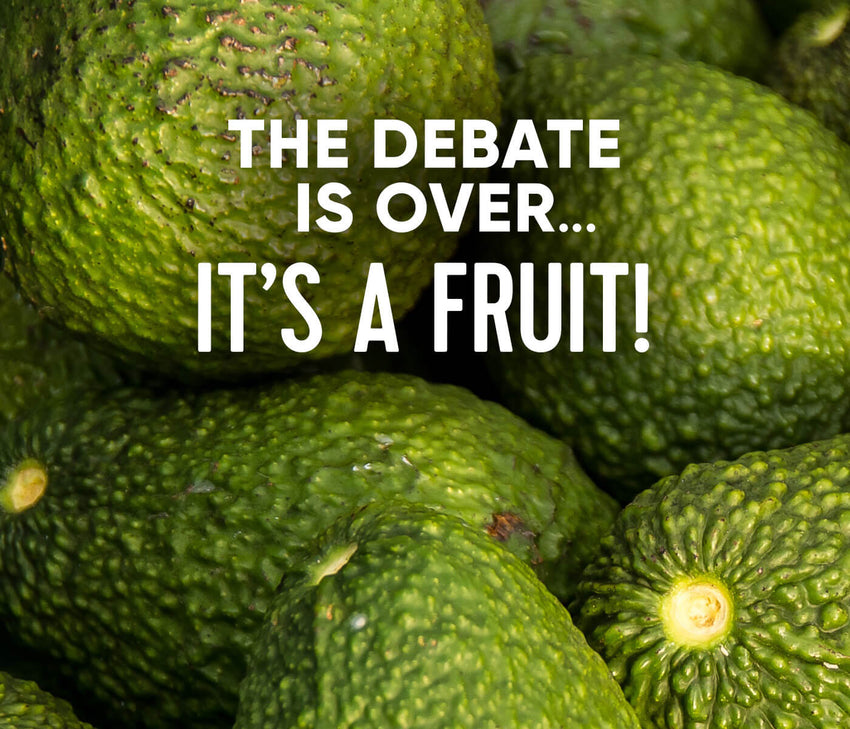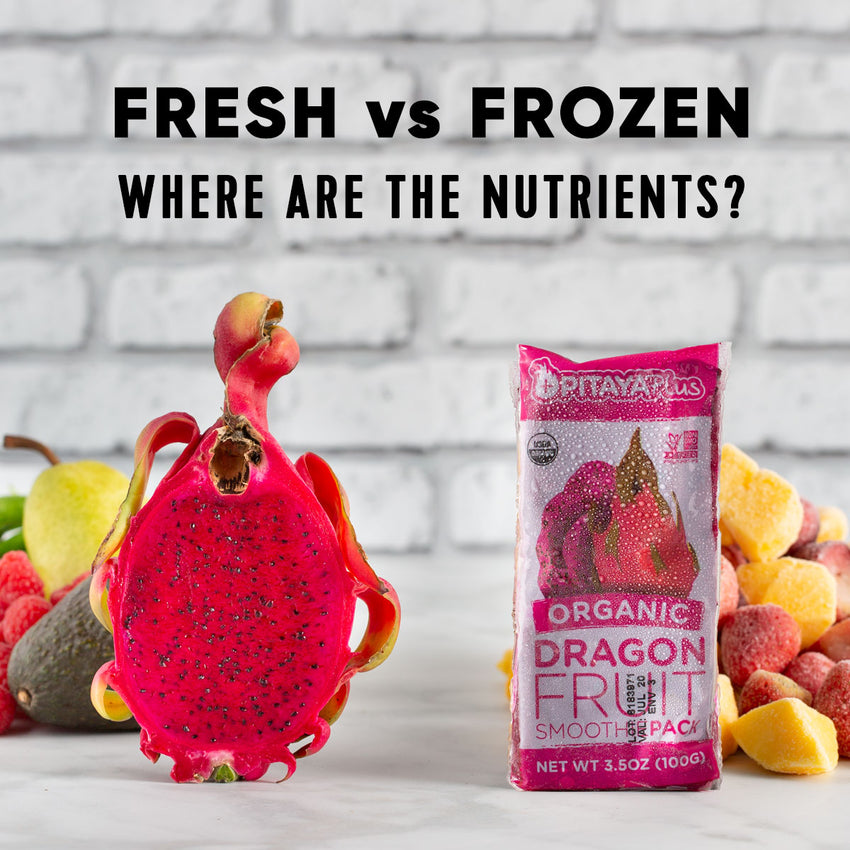The debate between frozen vs fresh can get a bit heated – pardon the pun. With people shouting from both sides of the produce section, it can be difficult to tell whether to choose fresh or frozen foods. The true answer is that there is a time and a place for both!
Here we will discuss the differences between frozen and fresh produce, and when you should choose each.
Frozen produce

Partly because of marketing campaigns on the part of produce distributors, many people automatically assume “fresh is better”.
Believe it or not, in many cases, frozen produce is actually more nutritious than fresh produce.
Here’s the thing: the freezing process essentially stops the spoiling process of most produce. The main benefit here is that you can pick the produce later in the season, when it is supposed to be picked, and still retain the full range of nutrients.
There are some other benefits to the freezing process as well:
-
Frozen foods can retain most nutrients for months while frozen
-
Any active enzymes and compounds are locked in place, ready to become active again once they are thawed
-
The freezing process may slightly activate fiber in the food, making it more soluble.
There are some exceptions here as well. For instance, if we compare frozen foods to the food picked from your garden, the garden will almost always win. Again, food in the grocery store is nothing like the food in your garden.
Fresh produce

There is a reason that most supermarkets put their fresh produce close to the entrance of the store – it looks so appealing!
With that said, it is important to understand that there is a lot going on between when a fruit or vegetable is plucked and when it gets to the store shelf.
For instance, most produce is actually picked days or weeks before it is ripe. In a few cases, this gives it plenty of time to ripen during transportation and develop its full range of nutrients.
The problem is that many fruits fully ripen while attached to their plant. This means you are stuck between two hard choices: pick the fruit earlier and it will not fully develop, or pick the fruit when it is ripe and it may spoil before you can sell it.
Considering it may be days or even weeks before that produce reaches its destination, most producers choose earlier and earlier harvesting.
The other issue here is spoilage. Fruits and vegetables are typically processed with chemicals and put in a very controlled atmosphere while being shipped to prevent them from spoiling. However, the nutrients in many of these foods will begin to deteriorate soon after they are picked.
By some estimations, that piece of fresh produce in the store may have already lost over 50 percent of its nutrients.
If that sounds a bit scary, don’t worry, it does not happen in every case. However, if you consume a lot of fresh produce remember these tips:
-
Look for produce from local farms
-
Shop at farmer’s markets
-
Buy organic
-
Shop once every few days at most, to ensure the produce is as fresh as possible
For the freshest produce possible with the most nutrients – grow it yourself!
The bottom line
Fresh fruits and vegetables picked from your garden or a truly local farm will always be best. With that said, frozen produce may be equal to or even superior than many store-bought fresh options when it comes to nutrients and antioxidants.
The growth process is very important here. This is why we at Pitaya Foods are very open about how we source our dragon fruit – we know just how important choosing the right source is. Our dragon fruit is organically grown, picked at peak ripeness, and frozen right after separating the pulp from the shell.
In the end, it is not always about choosing between frozen vs fresh. Both are great options in certain situations, and eating a blend of frozen and fresh foods may be the best way to add a wide variety of healthy plant foods to your diet.
How do you balance your frozen and fresh intake? We’d love to hear from you in the comments below.
